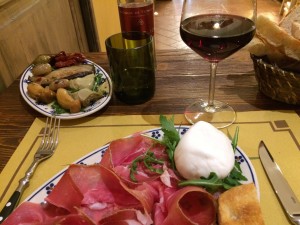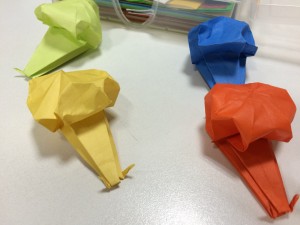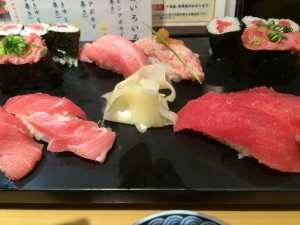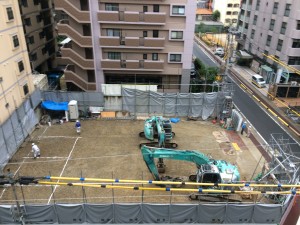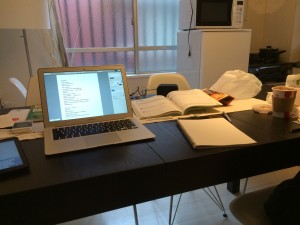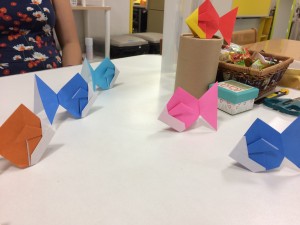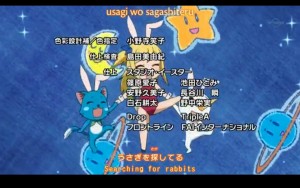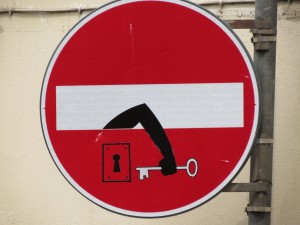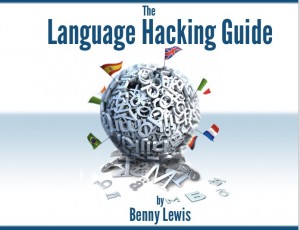Wow, I can’t help but be thankful for this amazing year. Foremost, I’m thankful it happened at all. It could have remained a dream forever. Instead, it became an actual goal and then reality.
And it could have been awful. I could have failed to learn any language. I could have gotten sick. I could have been robbed. Stranded in Italy and forced to huddle in the shade of a marble cathedral surviving only on focaccia sandwiches and Brunello di Montalcino wine.
So after 10 months of traveling, here’s what I’m most thankful for. Friends, art, and of course, languages.

